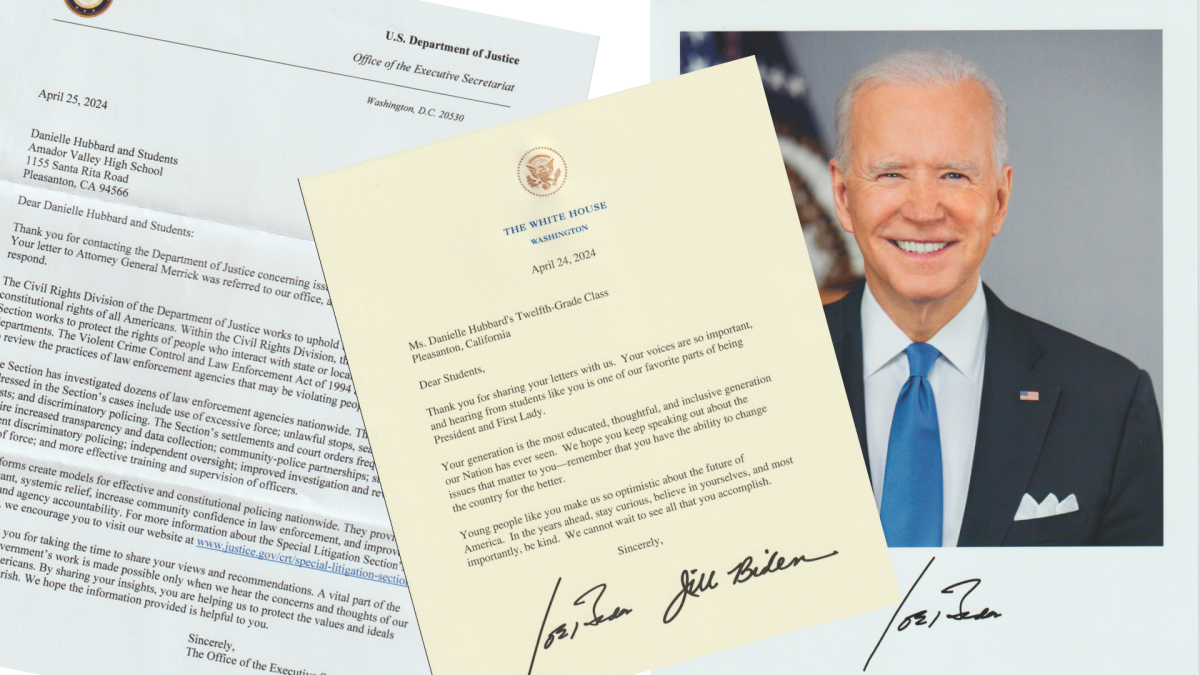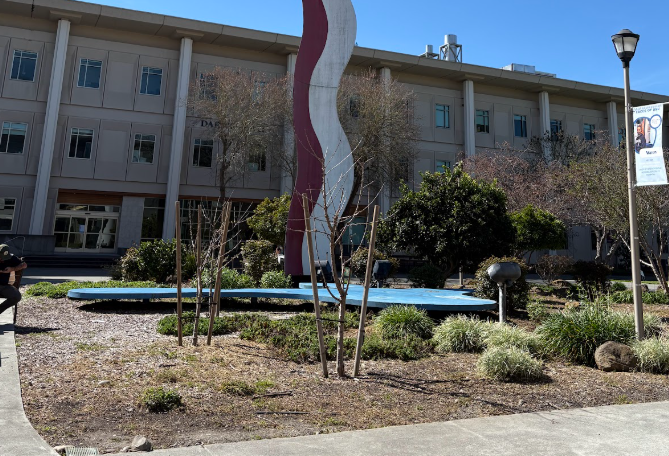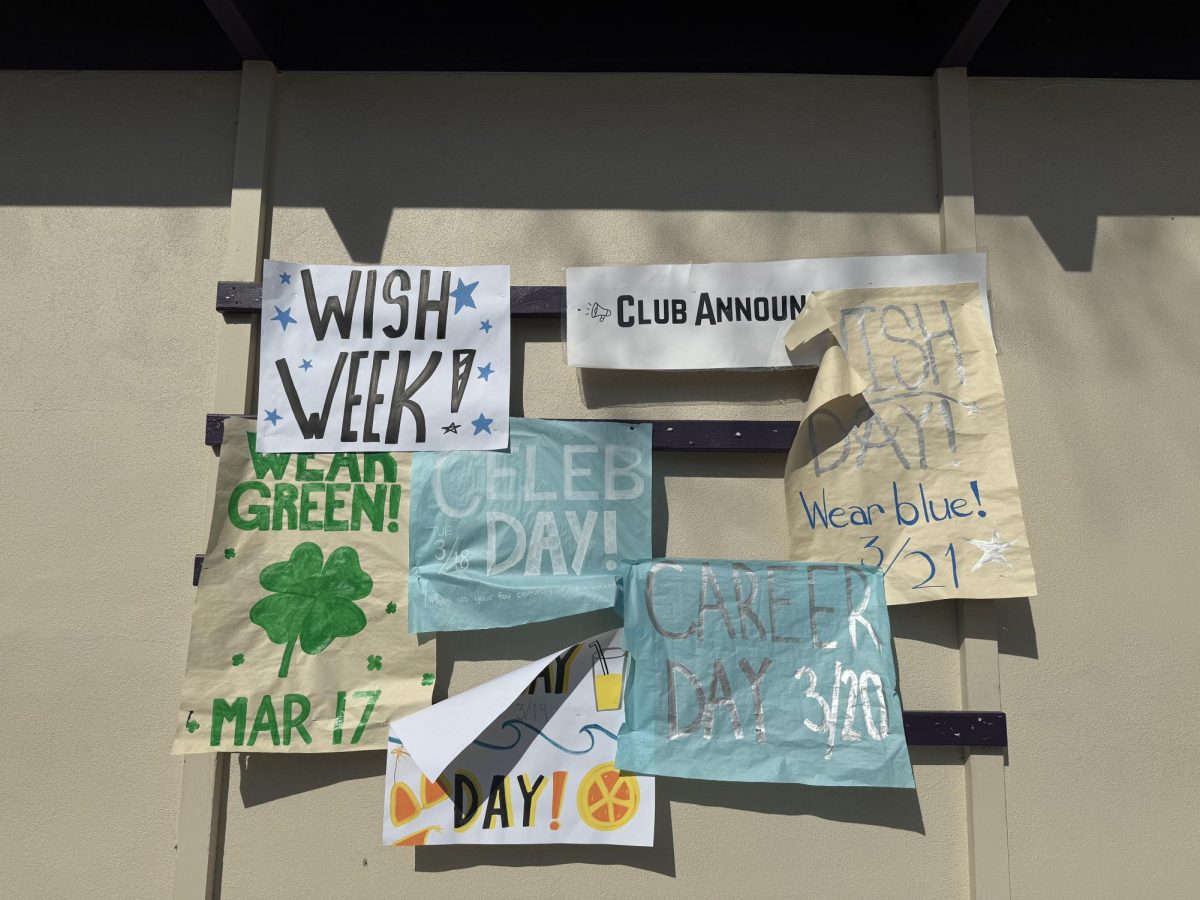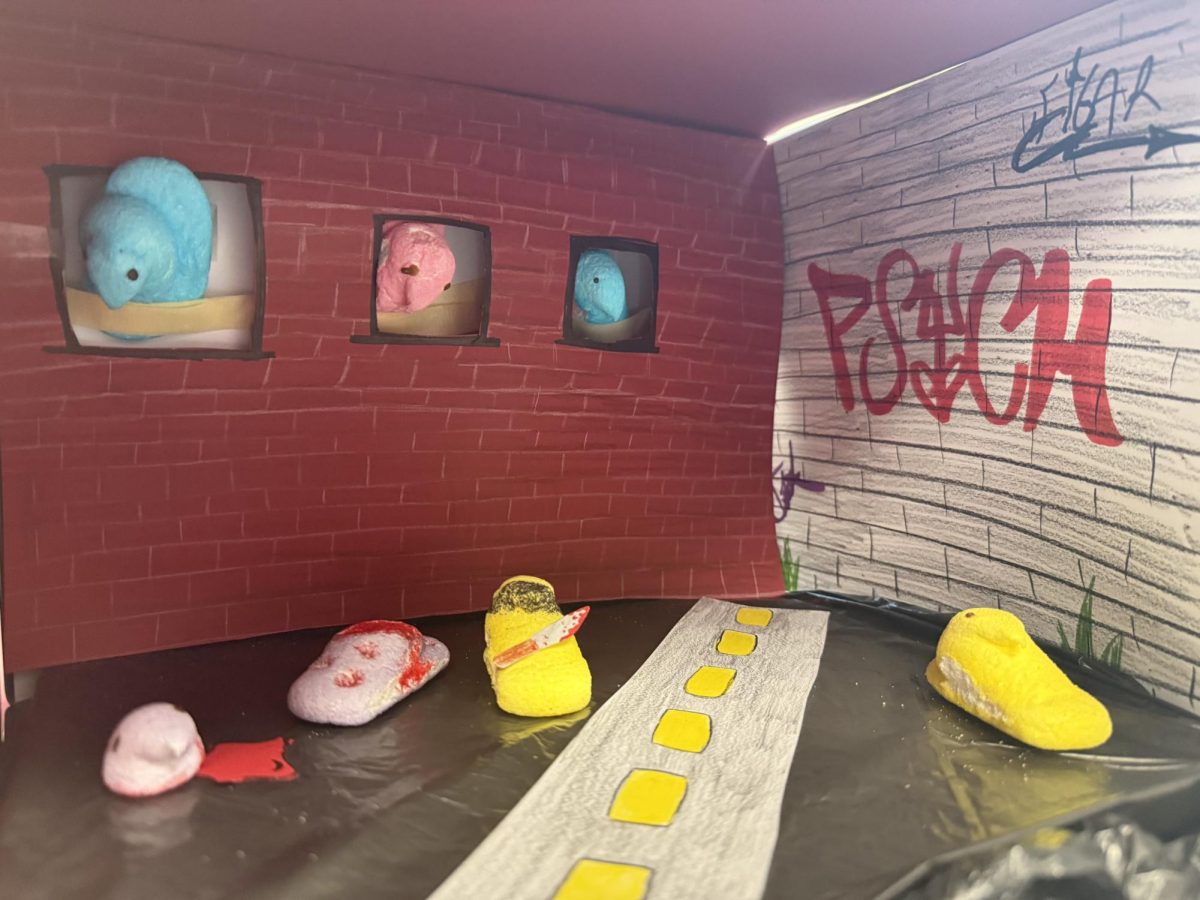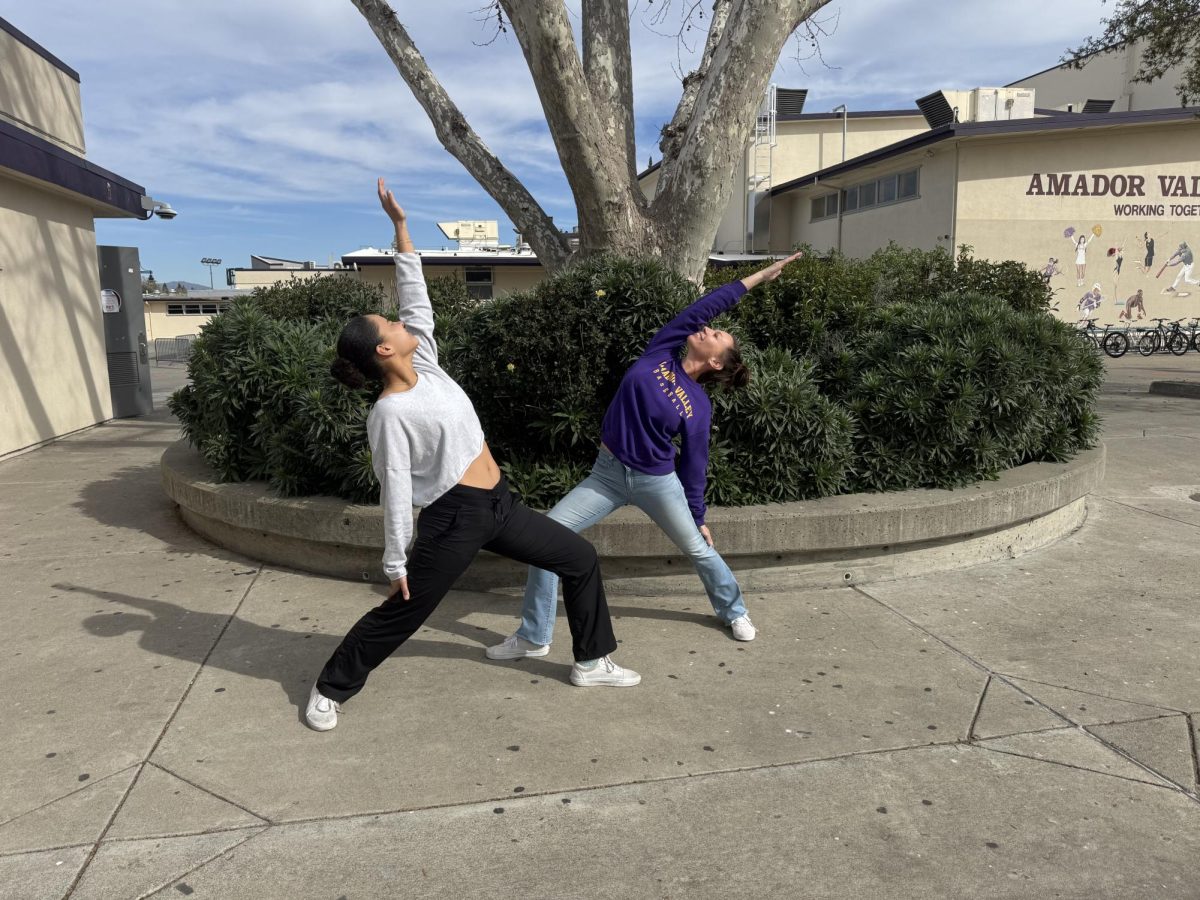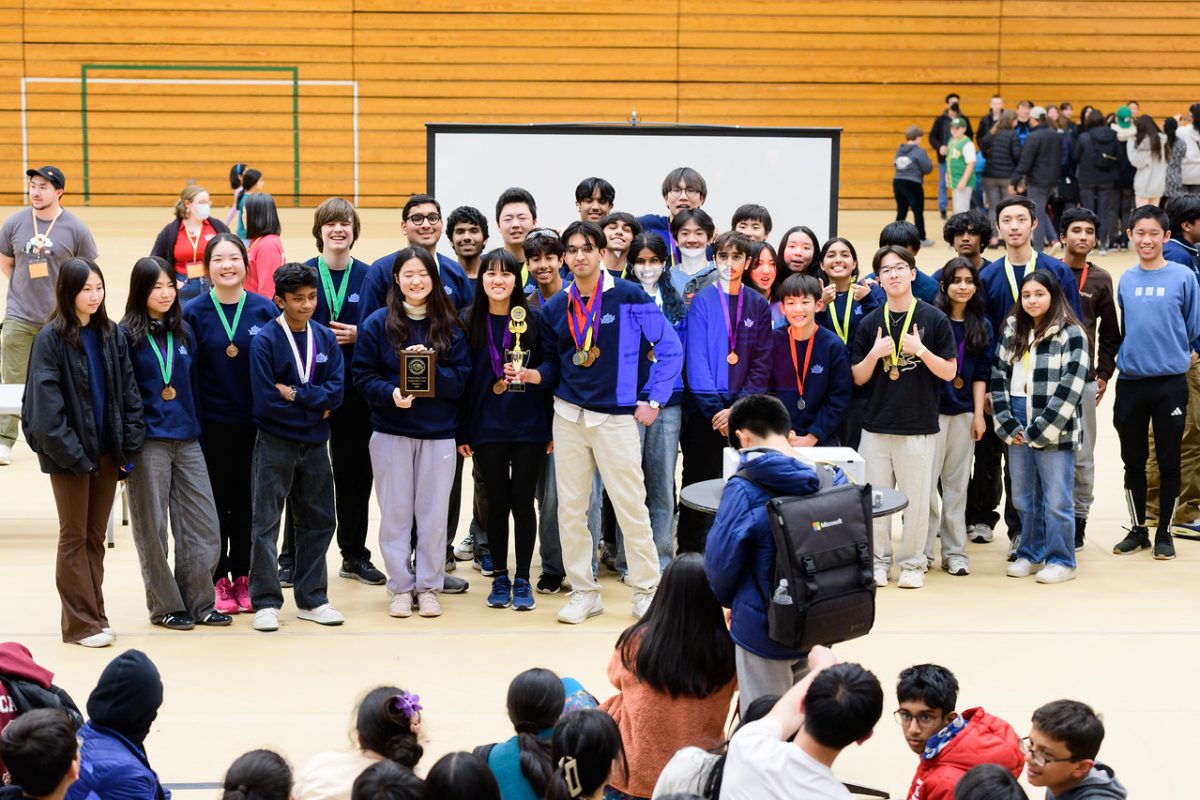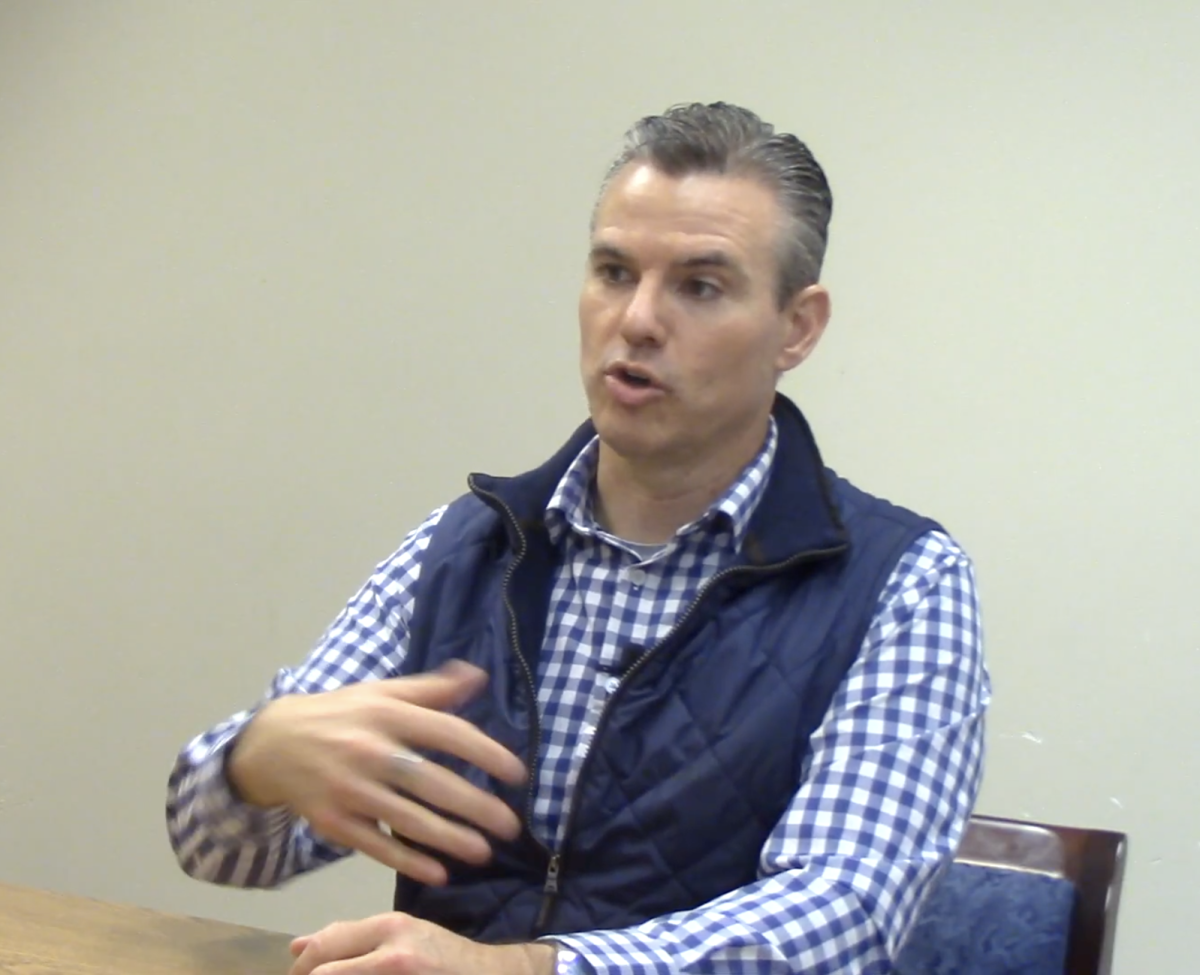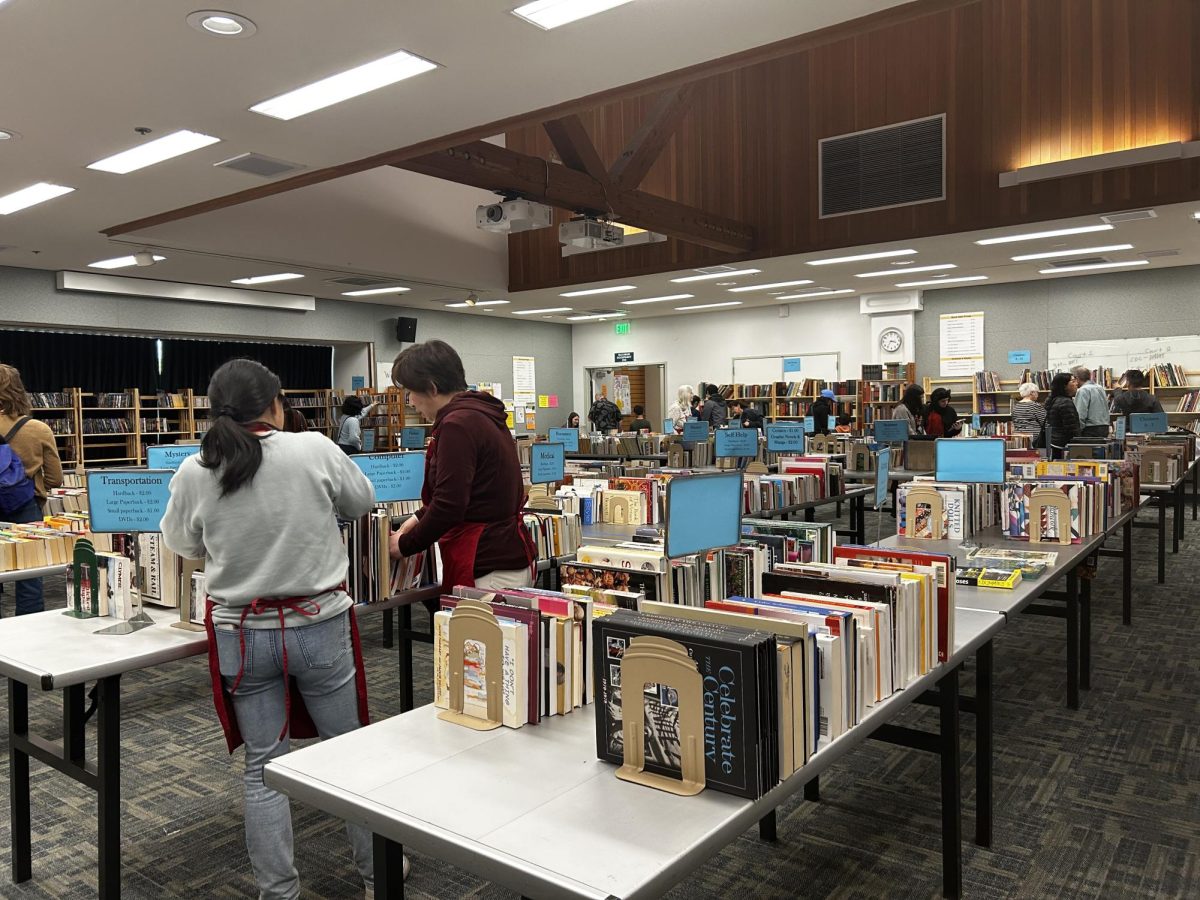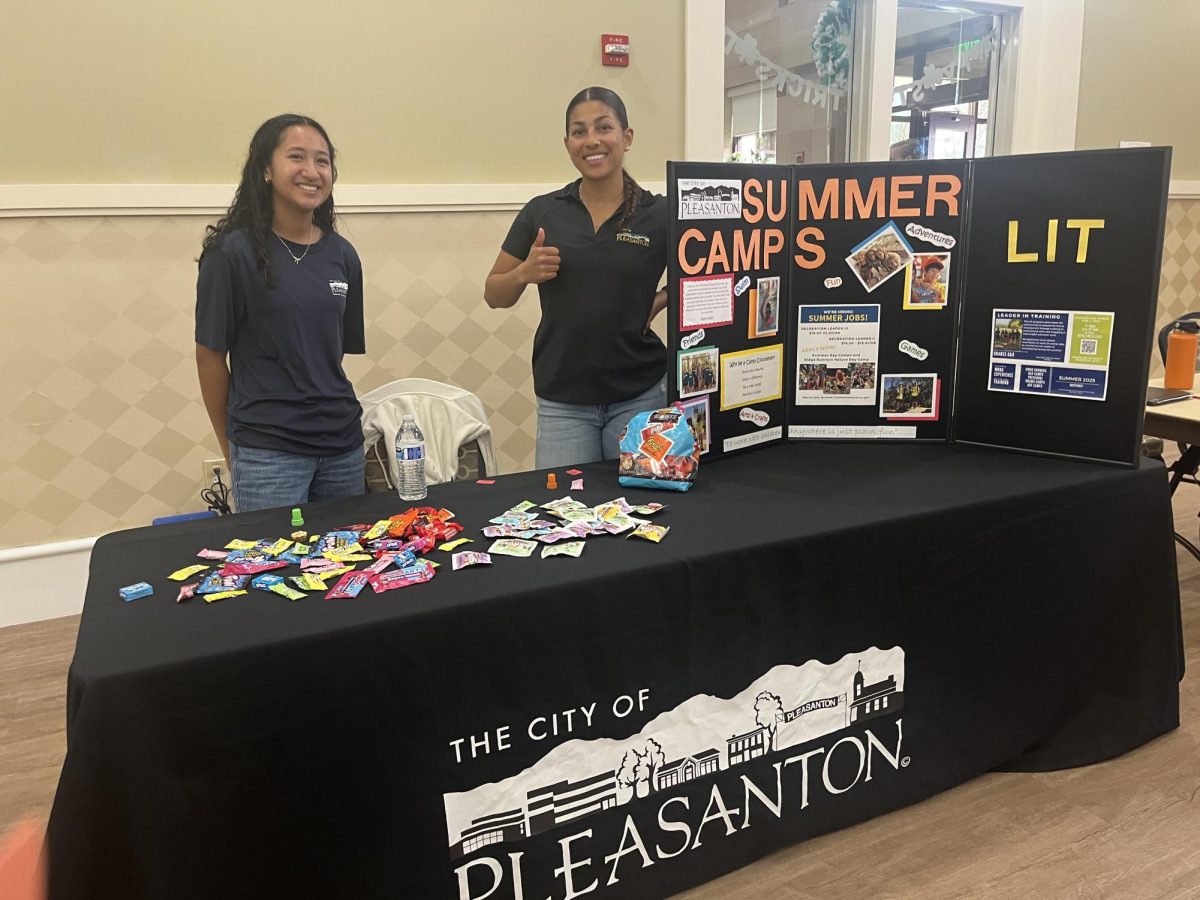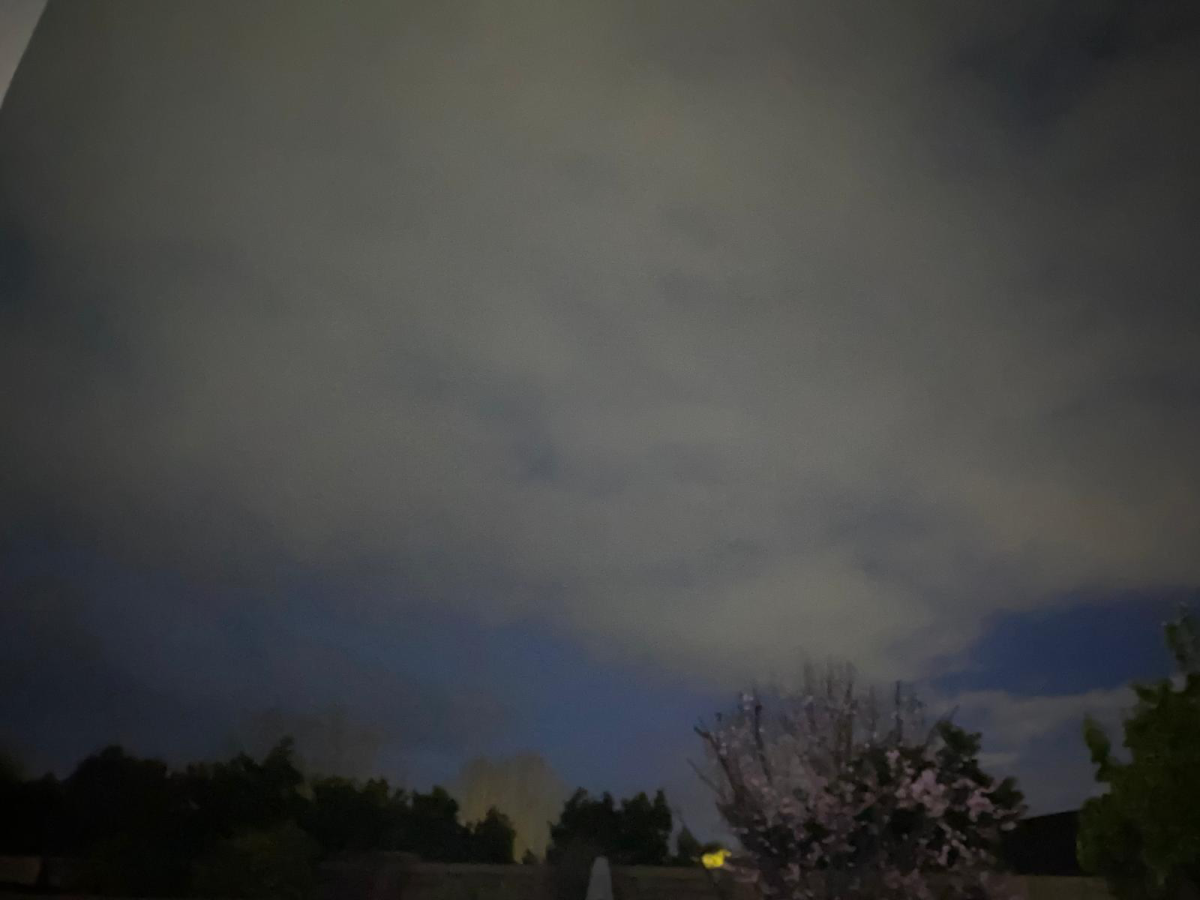Amador Valley High School’s Literature & Dynamics of Social Justice class wrote letters to several prominent government officials as part of a unit on police reform. The class received responses from both the White House and Department of Justice.
Amador’s Social Justice literature class is a senior-level English class that aims to have students analyze several major aspects of society through critical thinking and ethical analysis.
“In between us reading the novels, I embed current modern day issues as social justice unit modules. And so over this year we’ve covered mental health, we’ve covered immigration, we’ve covered economic disparity, [and] we’ve covered the police reforms.” Said AV’s Social Justice Literature Teacher Danielle Hubbard.
The class’s unit on police reform involved studying things like policy brutality, and learning about the underlying rules and regulations that governed how police are legally allowed to act in various situations.
“I also have case studies of where people, citizens, were killed at the hands of police and things that could have been done differently. The whole context of the unit is police are not good people, and are not bad people. We’re talking about policies and procedures. What policies and procedures could have been in place to prevent all of these deaths,” said Hubbard
The Social Justice literature class’s aim is for students to be able to study current social justice issues that are present in everyday life. The class is focused around several major issues that society faces, including but not limited to mental health, immigration policy, and economic disparity.
“I typically create those modules based on literally what’s going on in our world right now. What is up in the media? What is up in the news? What is up in people’s consciousness to be addressed.” said Hubbard.
The original plans for the class to include a unit focusing on police reform came after several highly-publicized instances of police brutality in recent years.
“I decided to do this several years ago […] and I gathered material, and then I had to walk away because I just was not ready. I just could not be neutral and unbiased. I created this unit last year. I did not do it last year because, again, I was not in a good space to be able to actually deliver this unit.” said Hubbard
The students began by looking at several varied sources about the subject in order to gain a better understanding of police brutality and police reform. The class held discussions about what they’d learned, and formed educated opinions.
“We would have fishbowls every two weeks, and this was about police reforms. We went in detail about topics such as George Floyd and all the media reactions behind it. We got to delve in deeper into many things like that. So that was what it was about, […] How police reforms can be a just and sure society today and how it can help us reach a better kind of world,” said AV Senior Dipannita Aeron.
“We were in a fish fishbowl Socratic seminar with different questions that come up through the case studies that we looked at and through the legislation that’s trying to be enacted but has yet to be enacted. And what can we do to kind of add our voice to this? And so that’s how the unit went. Then at the end a student, Anisha, she said, ‘Ms Hubbard, can we actually take this a step further and create some kind of action? Take it beyond the classroom.’ And so that’s when the entire class got together on a word document, and they just listed out all the different reforms they wanted to see based on this unit that we just did,” said Hubbard.
The class’s letter outlined current problems with policing that they felt the government should take action to rectify. The class sent their letter to several prominent government agencies and officials in the local, state and federal governments.
“We worked collaboratively, and we made a letter, and we were like, ‘let’s send this off to multiple different levels of government.’ And that’s what we did. We sent it to Alameda government, California government, and the national government to a bunch of different people,” said AV senior Sruthi Kumar.
In 2009, the Office Of Presidential Correspondence in the Obama White House was receiving over 65,000 letters per week. They also processed over 100,000 E-mails, 1,000 faxes, and 3,000 phone call per day.
The Office has existed in some form since the McKinley Administration began in 1897, when it processed approximately 100 letters per day. They’ve accepted messages from the public via E-mail since at least 2000 under the Clinton administration.
Due to the large amount of correspondence processed by the Office, it’s not uncommon for letters to not receive responses for several weeks or months, if at all. The letter sent by the Social Justice Literature class remained at the White House for over two months before receiving a response.
“It had been a month, and the students were asking, you know, ‘have you got anything, Ms. Hubbard?’ I’m like, no, I haven’t gotten anything, and then another month went by. ‘Have you got anything, Miss Hubbard?’ No, I haven’t gotten anything, and I simply said to them, ‘they don’t care about us. We are not going to hear back from them’. And literally when I gave up hope, I went to my inbox. Next day and there was the Department of Justice letter. And then I went to my box this week and there was the White House letter,” said Hubbard.
The class received a response from the White House, signed by President Joe Biden and Dr. Jill Biden, thanking them for reaching out and speaking on issues they felt were important.
They also got a response to the letter sent to Attorney General Merrick Garland from the Department of Justice Office of the Executive Secretariat. The letter from the DOJ outlined the DOJ’s how the Civil Rights Division of the DOJ investigates police department actions around the country, and thanked the students for their perspective.
In their letter, the DOJ cited the Violent Crime and Control & Law Enforcement Act of 1994 for giving them the power to review the actions of police departments so they can investigate practices that violate people’s rights.
“I thought it was nice that they responded, but at the same time, when reading the letters, you could tell it was a little bit like, copy and pasted, you know, the secretary one I actually thought had some good like content in there that showed they read the letter we sent, but I thought the president one was a bit, uh, like default in a way,” said AV Senior Arash Keshavarz.
“I know they’re busy, they have obviously a lot is going around right now regarding what’s happening around the world, but I kind of wish it was more personal. I wish that, because this is an important subject, this affects all of us in the U.S., I just wish it was more personal and that they like in a sense cared more about the subject than what they showed to us,” said AV Senior Vivian Skeate.
The responses received from both offices did show obvious signs of being form letters. This is not uncommon when receiving mail from government offices, due to the sheer amount of mail they receive.
The letter from the White House did not reference the students’ letter, and simply thanked them for writing to the White House and encouraged them to continue to share their views on things they felt strongly about.
In a letter signed by both President Joe Biden and Dr. Jill Biden, the White House wrote, “Dear Students, Thank you for sharing your letters with us. Your voices are so important, and hearing from students like you is one of our favorite parts of being President and First Lady.”
The letter from the US Department of Justice did more directly address the issues outlined by the students in their original letter. The letter came from the Office of the Executive Secretariat, and gave a brief outline of the Justice Department’s efforts to review actions taken by law enforcement.
Classes like Amador’s Social Justice Literature are often viewed as important for allowing for students to develop an advanced understanding of prominent social issues.
In an article about the benefits of teaching social justice in children’s literature, Dr. Mary Ann Cappiello, a Professor of Language and Literacy at Lesley University in Cambridge, MA said that “The more often young people are given the opportunity to read across multiple texts of all genres focused on a topic or a theme, the more accustomed they get to considering multiple perspectives and points-of-view other than their own.”

